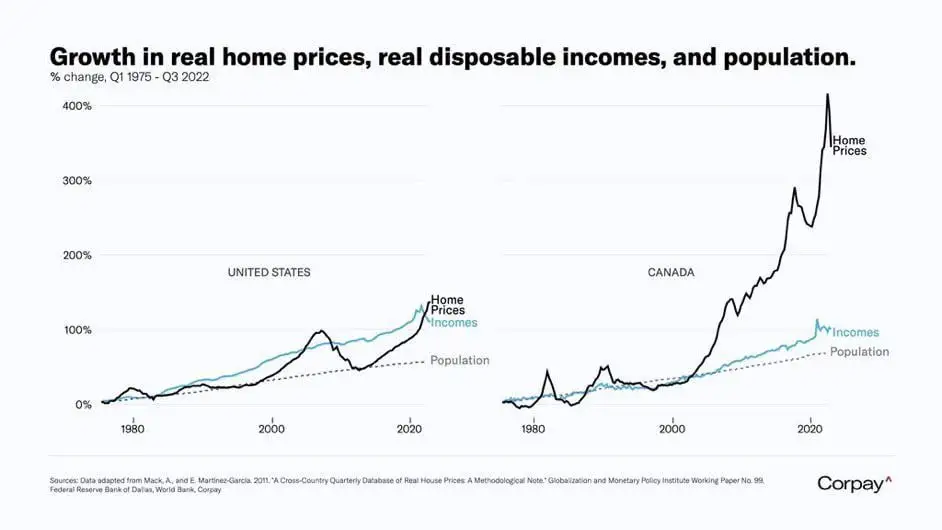this post was submitted on 27 Aug 2023
330 points (97.7% liked)
Data Is Beautiful
5875 readers
1 users here now
A place to share and discuss data visualizations. #dataviz
(under new moderation as of 2024-01, please let me know if there are any changes you want to see!)
founded 3 years ago
MODERATORS
you are viewing a single comment's thread
view the rest of the comments
view the rest of the comments

The standard deduction existed prior to Trump and changes every year, but I'm not sure exactly how it's determined. Under Trump, it was effectively doubled from what it was previously. You can view a historic chart on this Wikipedia page.
Your good/bad assessment is overly simplistic, but essentially correct. In your example, you CAN claim your mortgage interest, OR choose the standard deduction - But in YOUR situation you benefit MORE from the standard deduction.
With a larger standard deduction, those with 'simpler' financial situations benefit from a lowered taxable income amount, without having to do the complex bits of documenting/justifying deductions they claim. - And without the risk of a potential audit.
For example, someone who DOESN'T own their home or have expenses they could deduct, still get their income reduced by that standard amount.
High-complexity situations (rich people) don't benefit from it, and still are required to document and justify their deductions line-by-line.
The US tax system is overly complex and burdensome, but a higher standard deduction is, at least from my understanding, a benefit to the less fortunate that the more well-off don't also benefit from.
I couldn't tell you what income level represents the 'split' between those who benefit from it and those who don't. It has less to do with income and more to do with your broader situation - Mortgage amounts, expenses, etc.